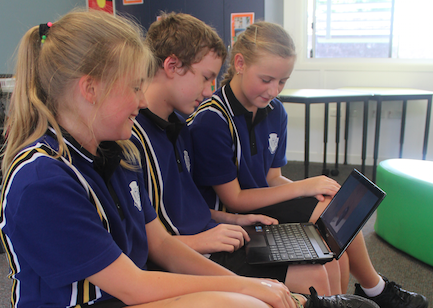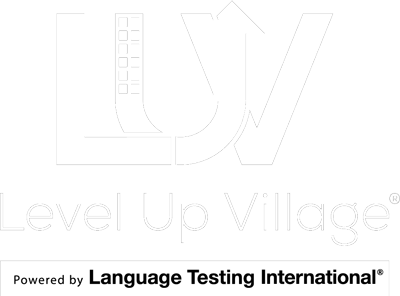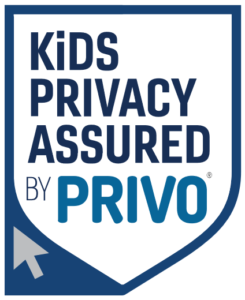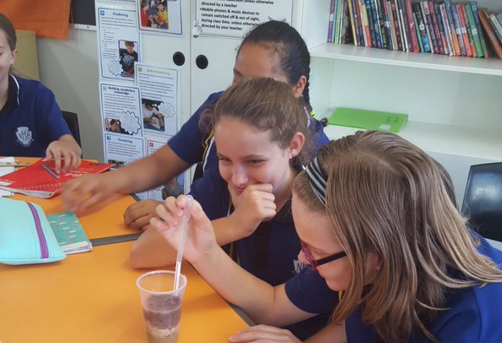
Students at Nambour State College (LUV’s first school partner in Australia) are studying water chemistry and the global water crisis with partners in Ghana as part Global Scientists. In this experiment, they are building an aquifer to learn how ground water is polluted.
At Nambour State College, a K-12 school in Queensland, Australia, teachers Melissa Radke and Emma Fitzpatrick have integrated Level Up Village’s Global Scientists course into the seventh grade curriculum with a focus on this driving question: How can technology be used to improve water quality in the world?
Each week, students explore topics such as capillary action, water filtration and water pollution and conduct experiments such as building an aquifer and a charcoal-activated water filter. They are doing all this in collaboration with students at Exponential Education in Ghana, their global partner for the course.
“This unit has opened up many new ideas and issues to be analyzed, discussed and questioned. The main query was how could one of the wealthiest African countries like Ghana actually still have water scarcity and pollution issues? This led us off into a tangent of war, corruption and poverty,” said Nambour teacher Melissa Radke.
At the start of each class period, students watch video messages from their partners in Ghana and then send back messages of their own after doing the day’s experiment. This cross-cultural exchange has led to exciting opportunities for students on both ends to learn about the world outside their own community.
@NambourSC gr7 aquifers. Our LUV project this week. Video letters on their way to Ghana @LevelUpVillage pic.twitter.com/pXbB7juCo1
— Mel Radke (@melradk) March 9, 2016
“In Ghana, students know that when the power is out the water ‘is finished’ because the pumps won’t run and the stream water is polluted. I think it has been interesting for both schools involved to share this dialogue to expose both groups to the realities they individually live in,” said Taylor Chustz, program associate at ExpoEducation, which partnered with Level Up Village in 2015 to improve STEM education in rural Ghana.
“The kids loved chatting to their global partners and finding out about their lives – from times for school to what sport they played to how they get water to their house and what they use it for. Knowing they were talking to students on a dedicated platform that was safe also left the students and ourselves feeling at ease,” said Radke.
Global Scientists fits in well with the national Australian Curriculum by meeting many of the objectives for seventh grade. It has also allowed Nambour to trial project-based learning and blend geography and science, culminating in a final ‘Global Water Expo” – an opportunity for students to showcase what they learned and propose solutions to alleviate the water crisis in a specific geographical area.
Took our LUV learning 1 step further and showed school community our global solutions. @NambourSC @LevelUpVillage pic.twitter.com/DY3XvioMrH
— Mel Radke (@melradk) May 12, 2016
The experience has also challenged Nambour teachers to take on new challenges and learn alongside their students.
“Having never taken on such a global perspective in a unit of work before, it was very daunting. We both had so many questions around time differences, language barriers, our students awareness of the ‘world’ outside the Sunshine Coast,” said Radke.
“Because this has worked so well and been the basis of many in depth, rich conversations in our classrooms, we can see the benefits of stepping outside our comfort zones. All issues have been sorted quickly and even these pushed us to think outside of the box and to use critical thinking and be creative – the same qualities we are trying to ingrain in our students,” added Radke. “We are now looking at our upcoming units and trying to work out how to continue our driving question for the year (How can we use our local connections to become global citizens?) into our other units in a deeper manner.”
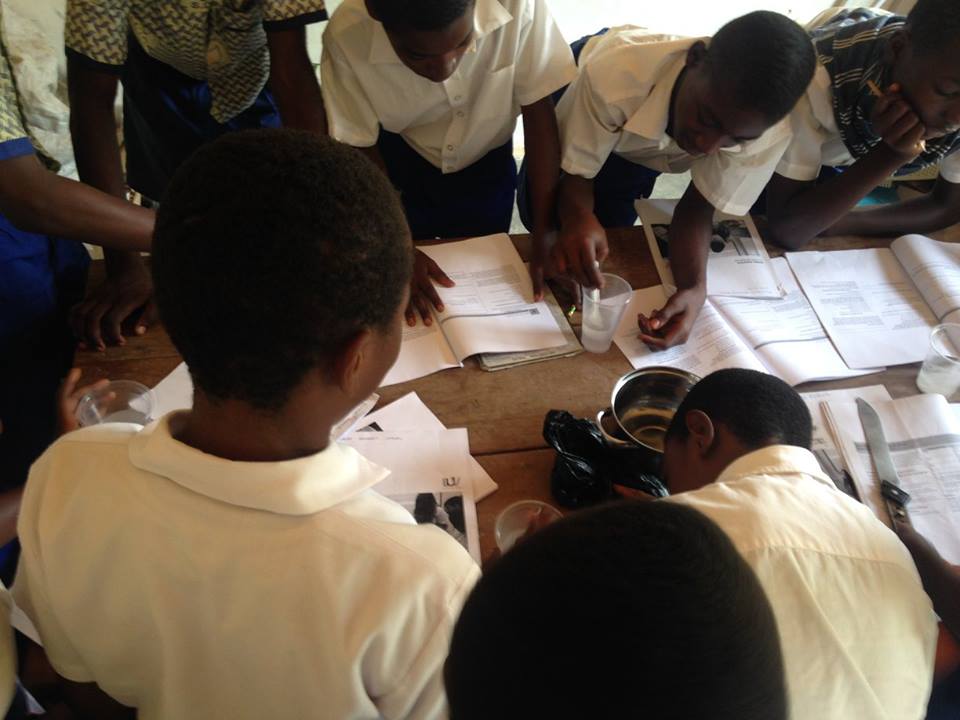
Students in Ghana conduct a sink or float experiment to learn about water density. They are working with their Global Scientists partners at Nambour in Queensland, Australia.
@NambourSC We and @LevelUpVillage are excited to partner with you! Thanks for your support! https://t.co/JSy3d7ixhs
— Expo Education (@ExpoEducation) March 8, 2016
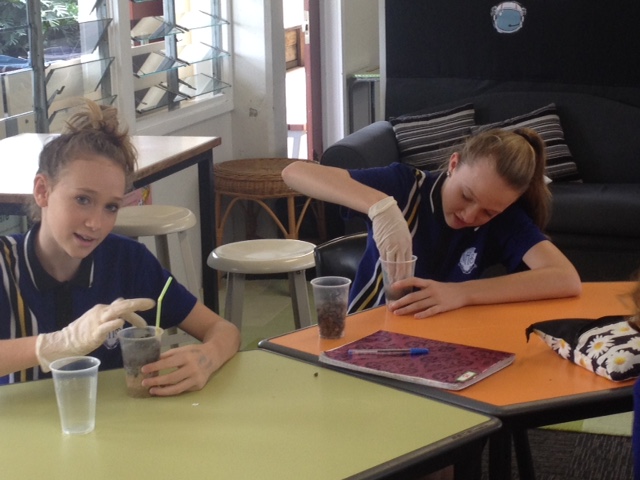
After building the aquifer, Nambour students sent a video message to their Global Scientists partners in Ghana to share what they learned.
See recent press about this partnership in Australian Teacher Magazine and Sunshine Coast Daily.
Schools outside the U.S. that are interested in partnering with Level Up Village should contact Global Partner Manager Sean Canavan at sean@levelupvillage.com.

